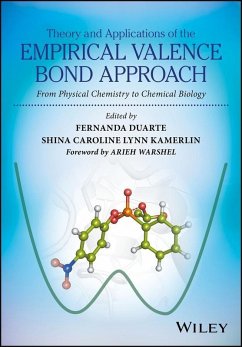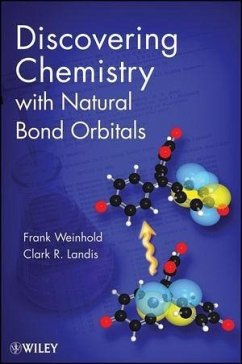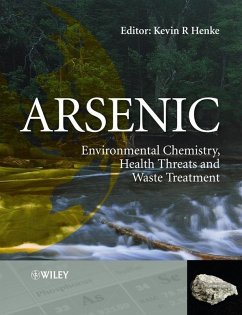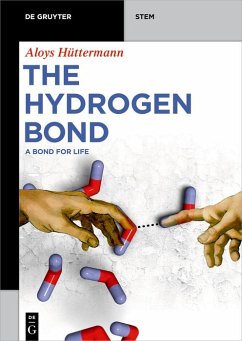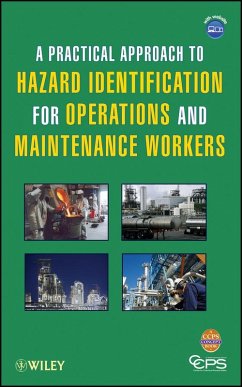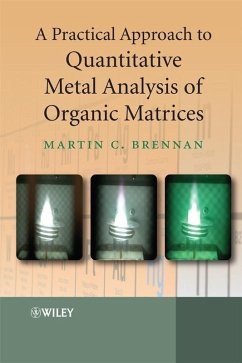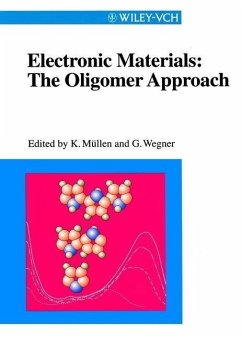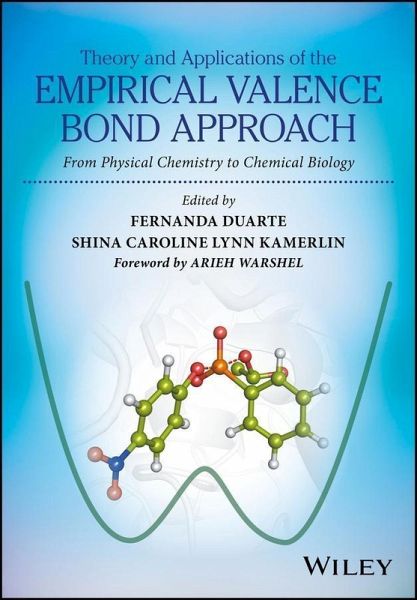
Theory and Applications of the Empirical Valence Bond Approach (eBook, PDF)
From Physical Chemistry to Chemical Biology
Redaktion: Duarte, Fernanda; Kamerlin, Shina Caroline Lynn

PAYBACK Punkte
0 °P sammeln!
A comprehensive overview of current empirical valence bond (EVB) theory and applications, one of the most powerful tools for studying chemical processes in the condensed phase and in enzymes. * Discusses the application of EVB models to a broad range of molecular systems of chemical and biological interest, including reaction dynamics, design of artificial catalysts, and the study of complex biological problems * Edited by a rising star in the field of computational enzymology * Foreword by Nobel laureate Arieh Warshel, who first developed the EVB approach
Dieser Download kann aus rechtlichen Gründen nur mit Rechnungsadresse in A, B, BG, CY, CZ, D, DK, EW, E, FIN, F, GR, HR, H, IRL, I, LT, L, LR, M, NL, PL, P, R, S, SLO, SK ausgeliefert werden.




